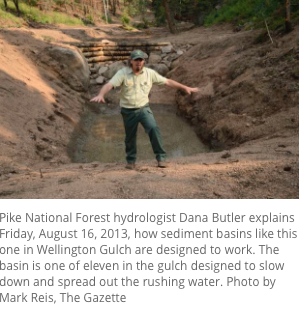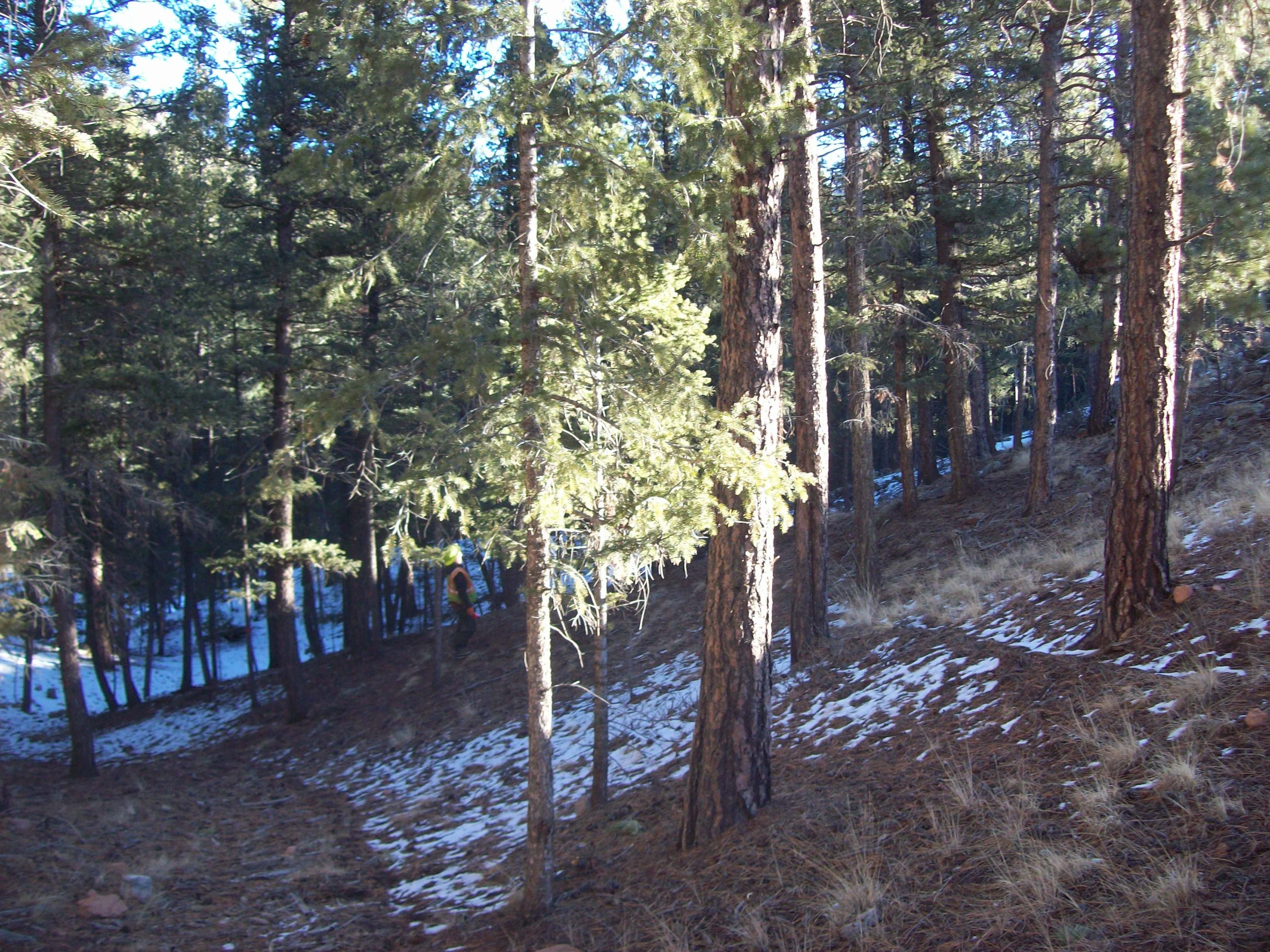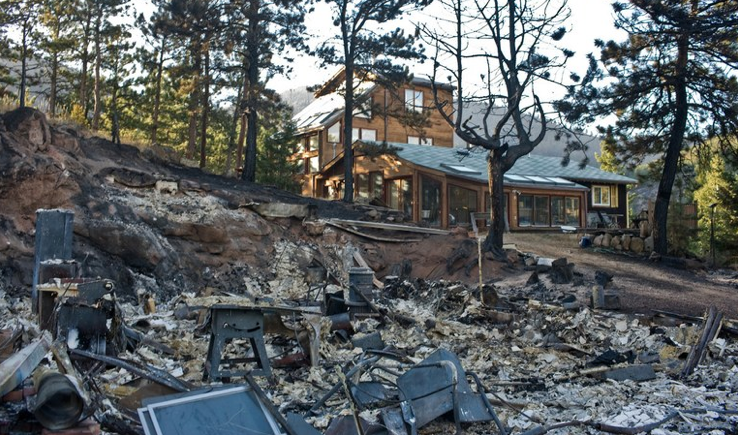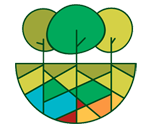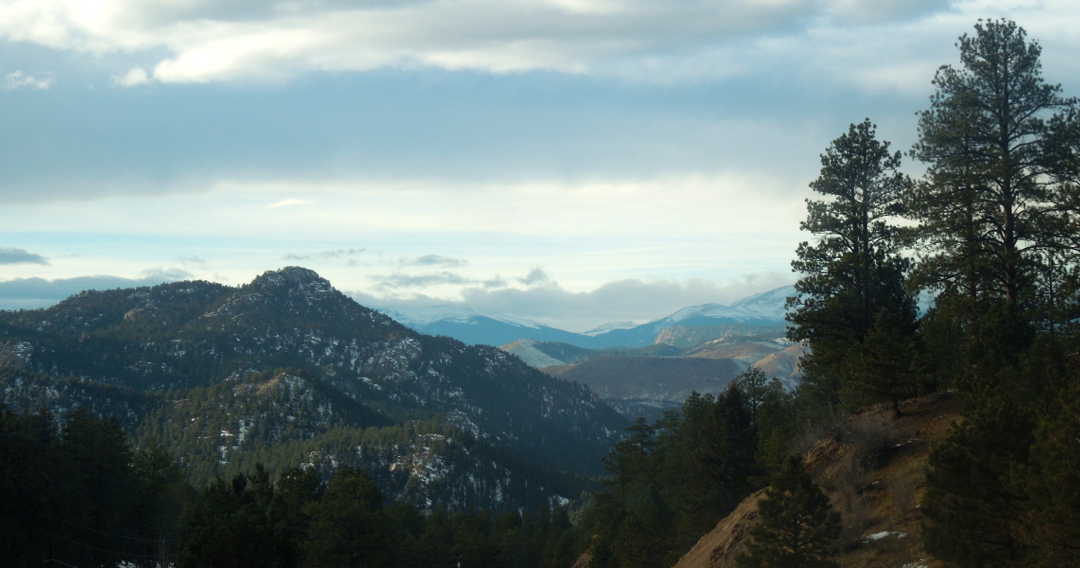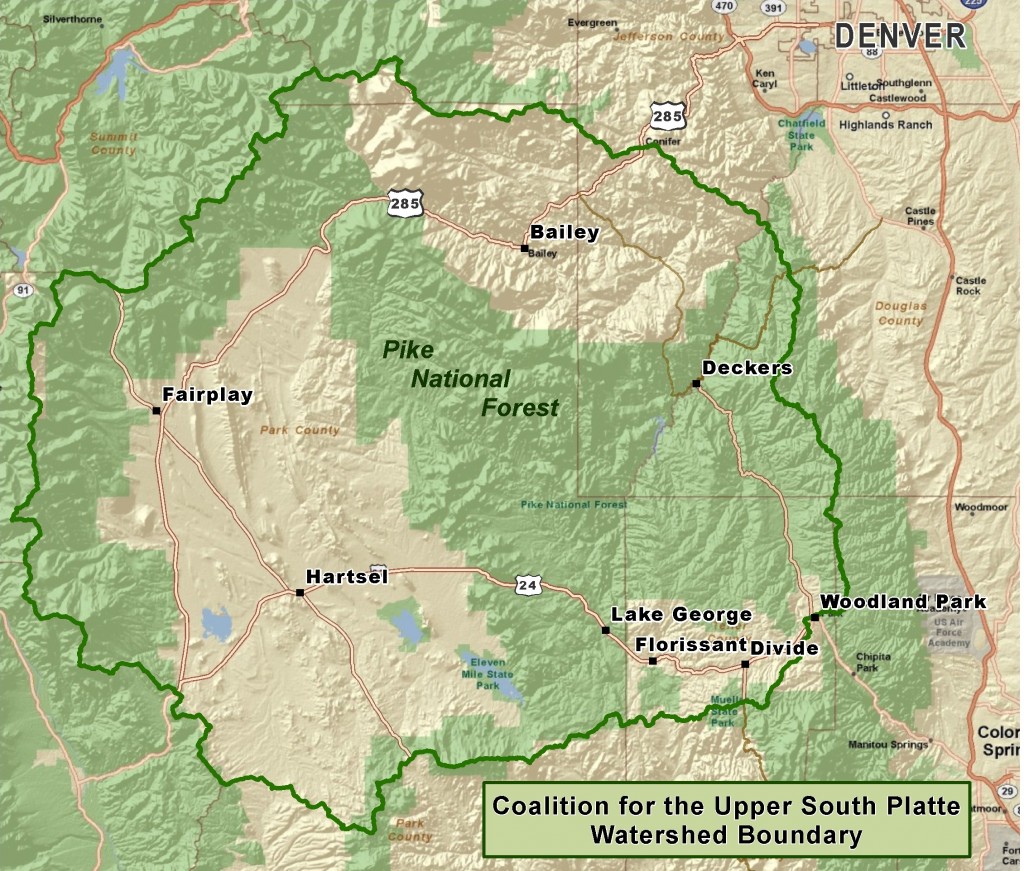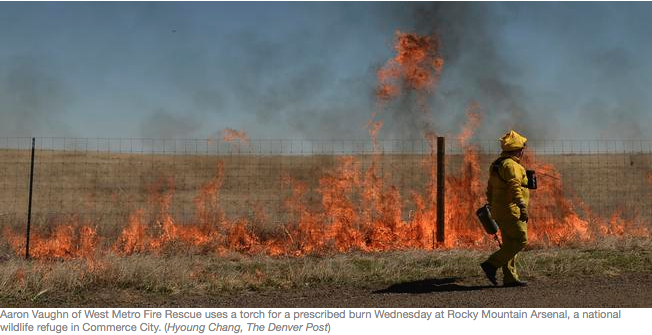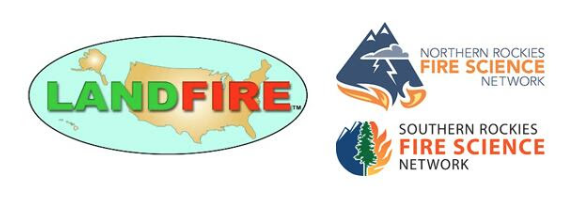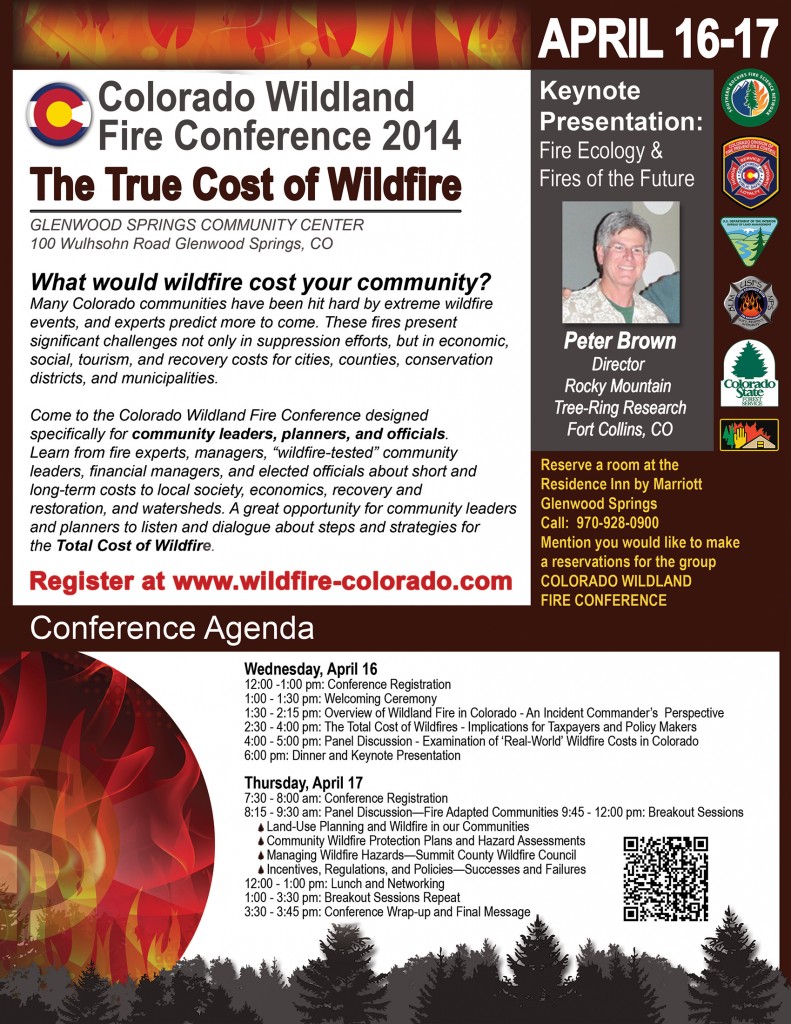We must all work together to promote Fire Adapted Communities and return the forests to a natural cycle.
Cooper, Jonathan Bruno of the Coalition for The Upper South Platte and president and owner of Wildfire Planning International Molly Mowery each said Thursday that revamped codes and regulations need to go hand-in-hand with individual responsibility in order to achieve “Fire Adapted Communities.”
Bruno is a proponent of allowing the forest to mitigate itself through ground fires. Those easily manageable blazes were the norm before the late 19th Century when people became obsessed with putting out every fire as quickly as possible. Bruno said education and mitigation to restore forests to a pre-20th Century state is like a layer cake.
He said if federal, state, regional and local officials join with homeowners associations and individual residents, the result will be a sweet one.
“This isn’t going to stop,” Bruno said, referring to increased fire activity as a result of extreme climate conditions and more and more people moving into the WUI.
Bruno and CUSP volunteers have already been thinning forests around Teller County and Park County towns, attempting to create a barrier that will slow fire and keep it low as it approaches.
Mowery believes that turning WUI areas into Fire Adapted Communities is definitely possible.

